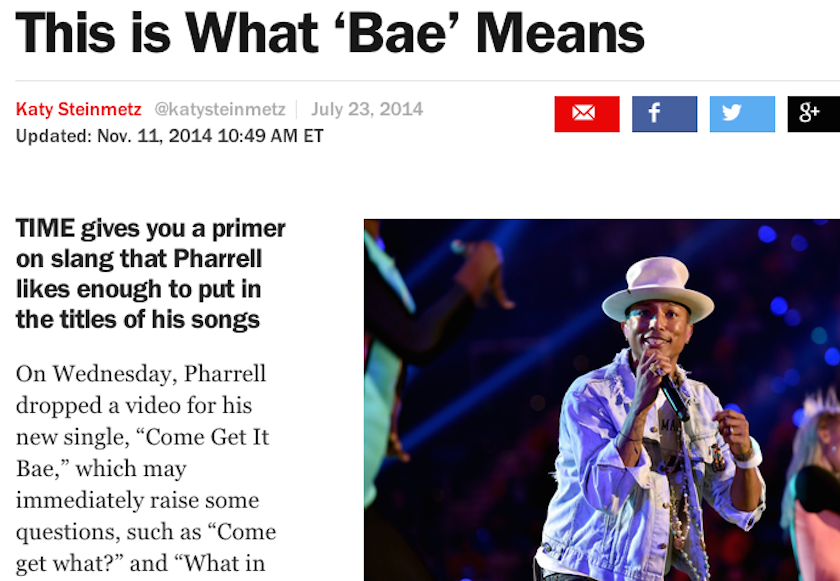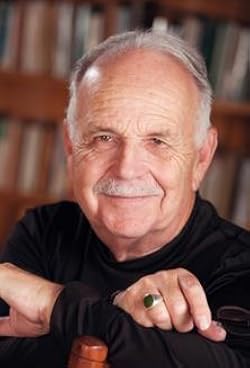This reminds me of Iris Young's "Five Faces of Oppression." Young argues that we often neglect to see the many faces of oppression, and that we misrepresent reality by comparing dissimilar experiences of oppression as existing under the same general umbrella of subjectivity. Anyone who experiences even one face of oppression is oppressed, but many individuals and groups experience oppression differently because they may experience different combinations of the faces of oppression. One face of oppression which often goes overlooked is "powerlessness."
Powerlessness is a distinction between technical freedom and actual self-possession and choice. Examples Young gives are that although we are technically allowed to choose our employer, many employees are placed at the bottom of the totem pole, where they are dictated to, rather than consulted about their own work. Those who work menial jobs, for example, in which the minutia of their jobs (what to do and how to do it) are strictly controlled are powerless. In contrast, professionals such as doctors, teachers, managers, etc. are given a degree of freedom and choice about how to best go about their work, and they might even have employees working under them, whose work they get to control. This freedom gives one "respectability" in the eyes of society and one's own eyes. If someone does not have access to professionalization, they are denigrated for this lack of "respectability," by the implication that they are inferior to professionals. This, of course, becomes a vicious economic and psychological cycle.
This system of oppression through powerlessness is what Woolf is referencing here. Although she is employed, society has denied her the freedom allotted to most literary professionals, most of whom are men. She is employed, but she is not a professional because she is denied the freedom and respectability that being a professional connotes.













